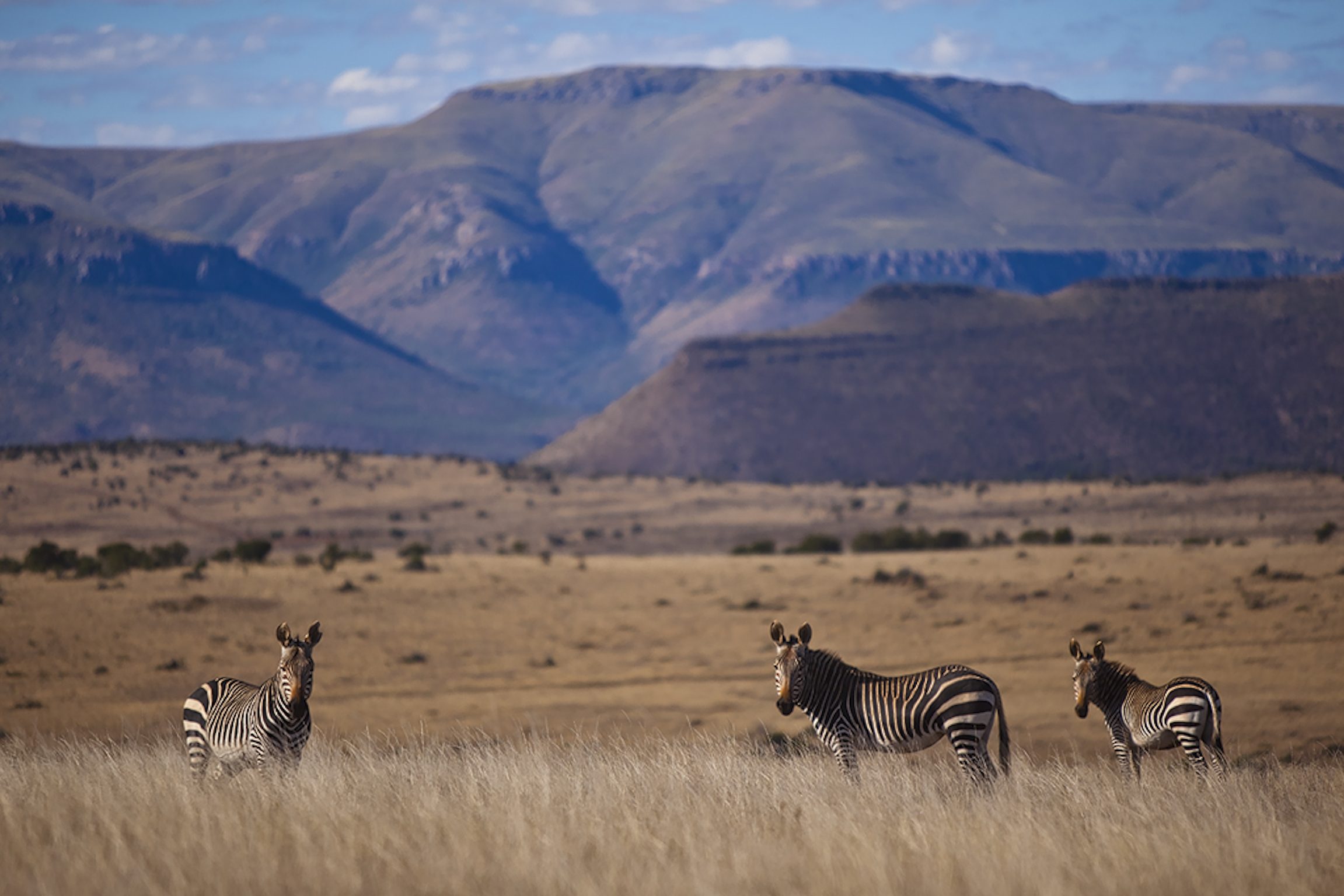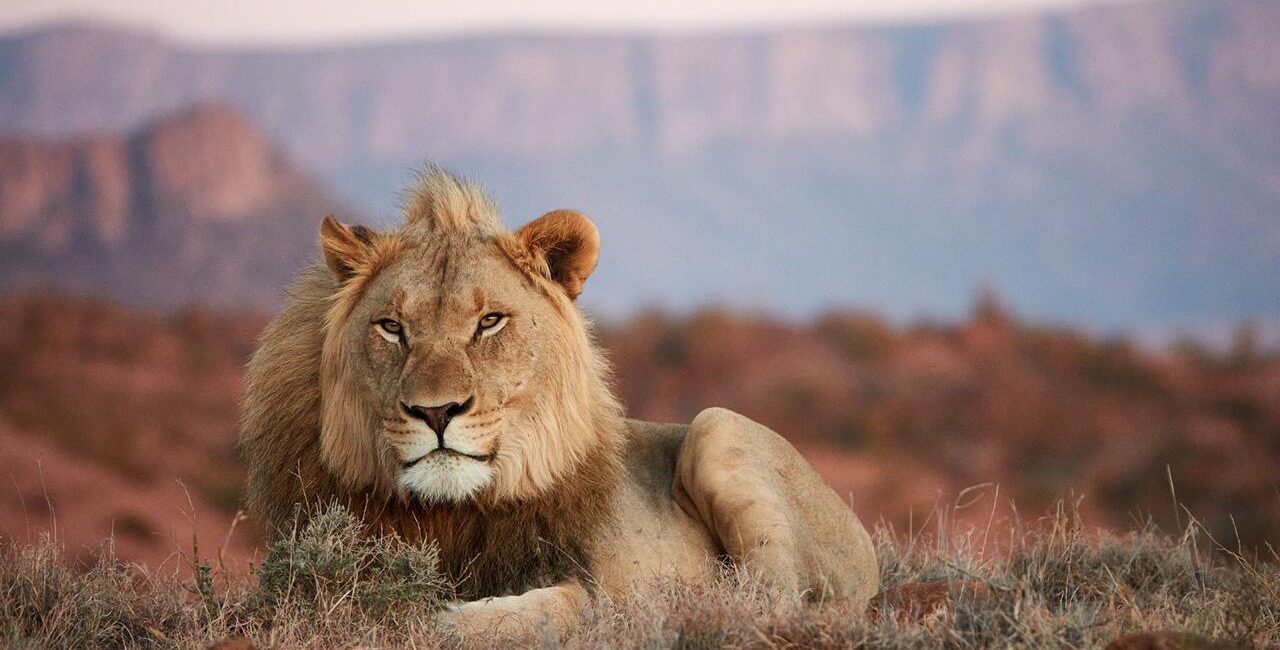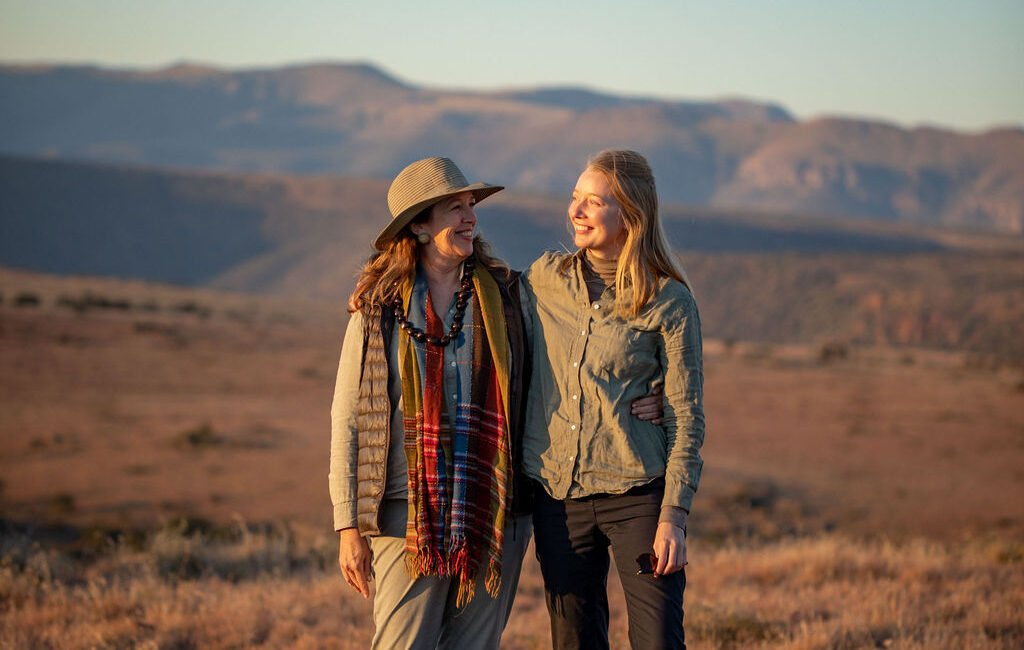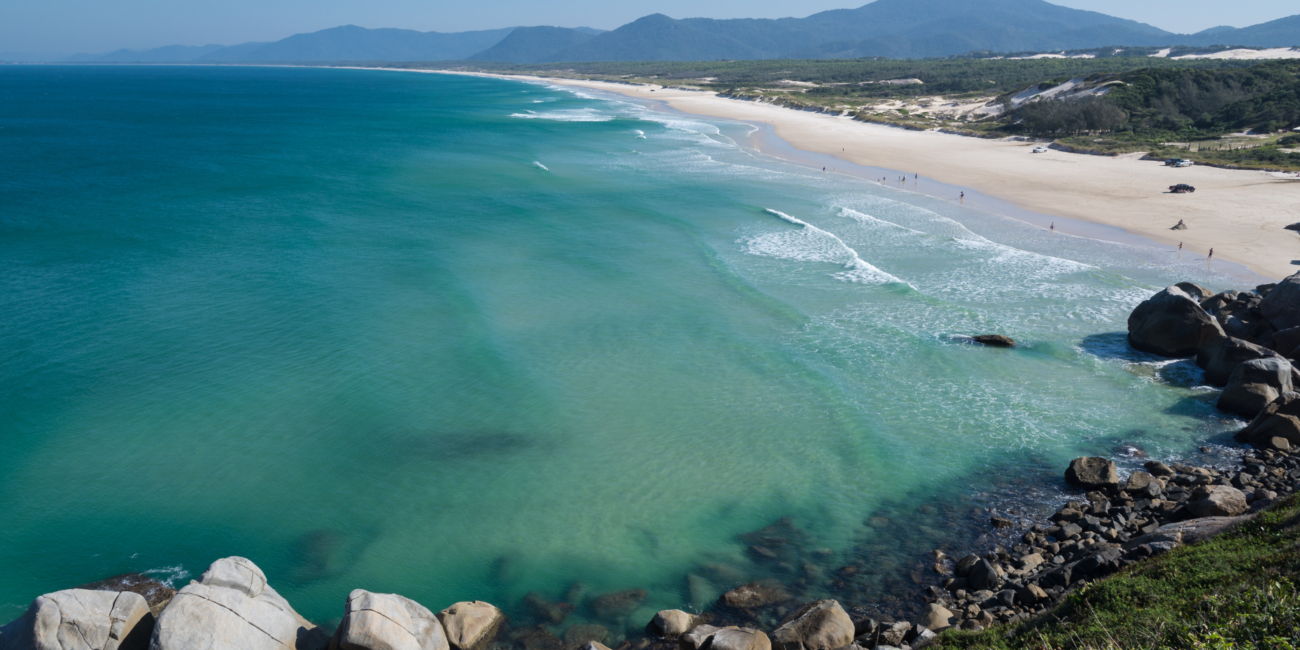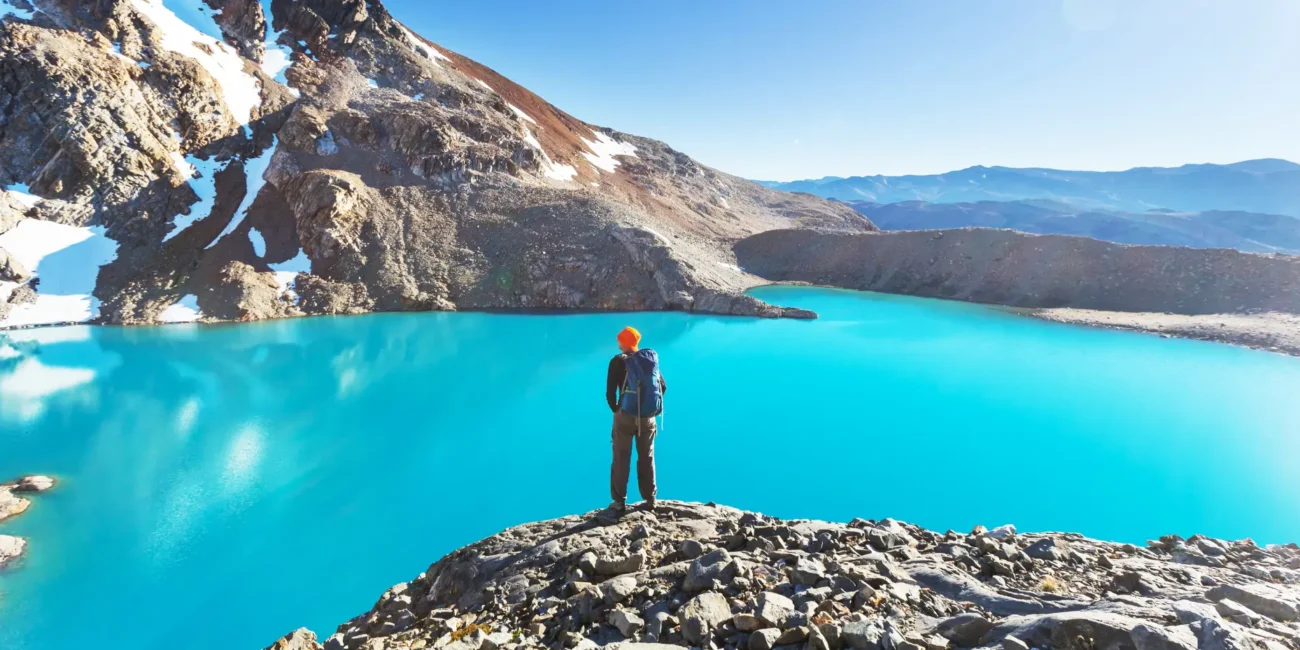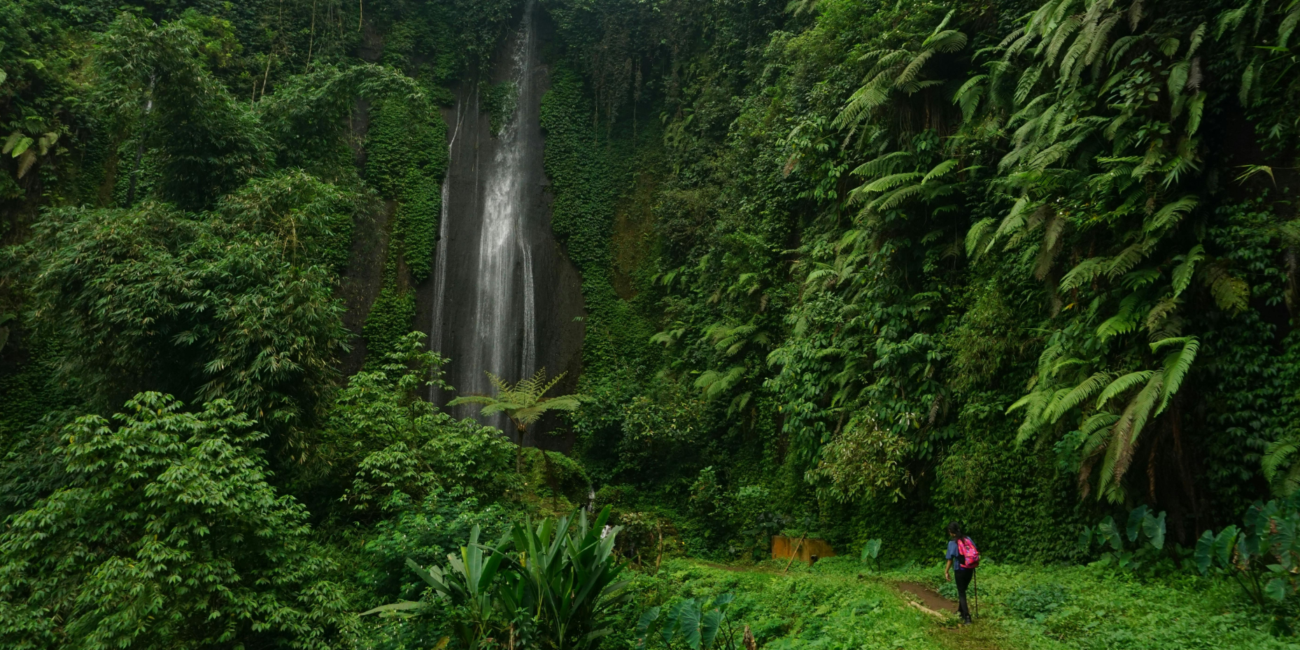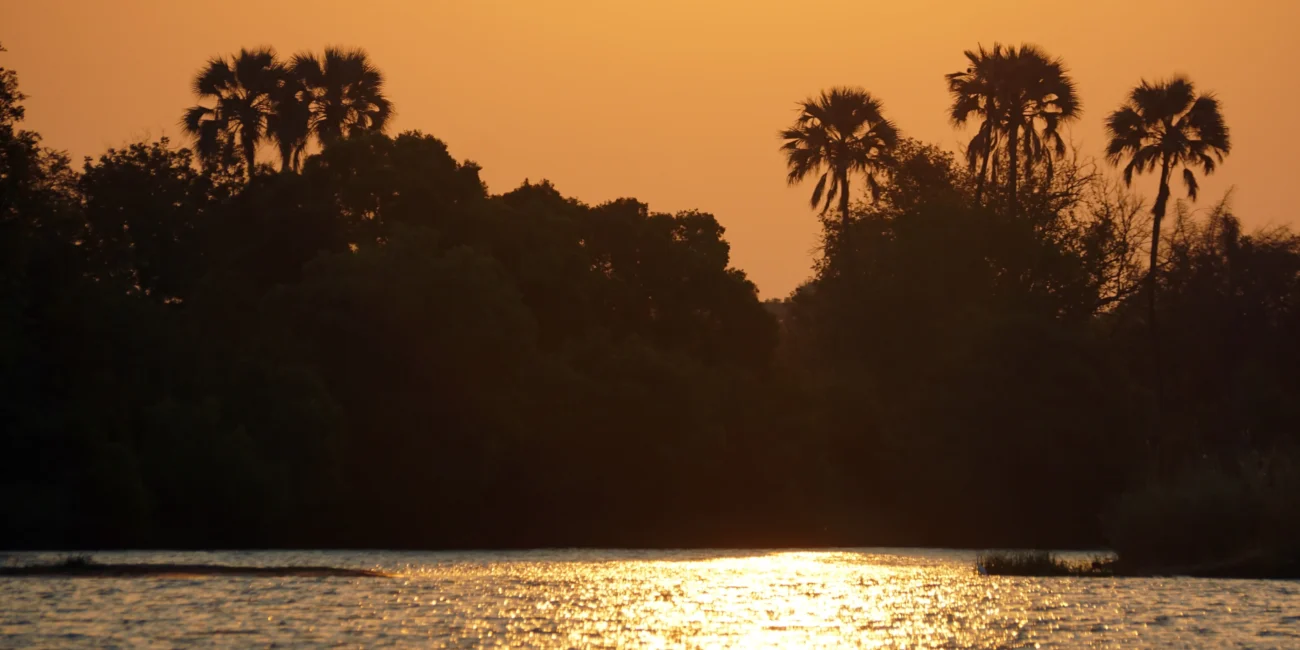The Return of the Cheetah
“Samara is more than just another game viewing experience. Yes you will see wildlife, but Samara offers other rewards. This is an experience for those who are really interested in the environment. Samara is a pioneering venture to restore one of South Africa’s ecologically important areas — the Karoo. It is a privilege to see tourism and ecology so successfully combined.” — Mike WG
Join the journey
In the heart of the Great Karoo, a hauntingly beautiful semi-desert region, lies Samara Karoo Reserve. Sprawling over 67,000 acres, it is a private wildlife reserve with a uniquely special offering – the opportunity for its guests to discover and embark upon a remarkable conservation journey being led by the steadfast mother-daughter team, Sarah and Isabelle Tompkins.
In a journey of discovery and hope – for the returning biodiversity of the flourishing savannah, the communities who depend on it for their livelihood, and the opportunities for climate action and nature restoration it creates – guests will experience the heart-stopping beauty of this wild landscape in guided wilderness walks and 4×4 drives; learn from South Africa’s leading wildlife scientist and naturalists in workshops and talks; and engage firsthand with the landscape-scale restoration and rewilding project taking place.
Our journey will host an exclusive group of up to 16 guests between 10th – 16th March 2024.
In conversation with Isabelle Tompkins
We caught up with Isabelle Tompkins on her family’s dream to rewild the Great Karoo and our journey there next March…
Samara may be well-known for its cheetah reintroduction programme – what are some of the other notable changes that have taken place around you since your family arrived in the Great Karoo 25 years ago?
Over 25 years, the landscape at Samara has been transformed from a fragmented collection of farms into a vast conservation area – the largest private reserve in South Africa’s Eastern Cape province, and larger than 30% of the country’s national parks. Large eroded areas on the reserve, the result of decades of livestock overgrazing, have been rehabilitated. The apex predator, the lion, was reintroduced in 2019 – not only supporting lion conservation by providing habitat for wild lions, but also bringing back the ecological function of lion predation, which itself has an impact on the health of the ecosystem as a whole.
We brought elephants back in 2017 after almost two centuries of absence. It has been fascinating to see how the vegetation in certain parts of the reserve has changed as a result of their activities – a concept known as reversing mega-herbivore release. They are known as ecosystem engineers because of the way in which they transform their environment, creating micro-habitats for smaller creatures by knocking down certain trees and spreading seed across the landscape. We conduct research with local universities to study these impacts – as the pioneer of rewilding in the Karoo region, there is much knowledge to be gained from Samara’s experience which can be applied on a larger scale.
How can guests engage with the restoration project during their stay?
They will be able to go behind the scenes of Samara’s rewilding project – not only witnessing the fruits of the past 25 years of labour but also learning about the challenges and detours along the way and meeting the passionate team that continues to push boundaries. Guests will also actively contribute to Samara’s projects by getting their hands dirty with our Spekboom reforestation programme.
What is it like working alongside one another as part of a mother-daughter team?
There is a natural synergy and alignment that comes from being a mother-daughter team. We are both very driven and we have high standards for each other because we know what we are capable of achieving. But we are also able to relax together and enjoy the fruits of our labours – preferably over a gin and tonic with a spectacular view.
Which key takeaways do you hope your guests leave with?
The main emotion we hope to instil is hope. Our website says it best: “In staying at Samara, every guest plays a role in safeguarding the landscape in perpetuity. Yet for those who visit, Samara’s magic extends beyond its conservation importance. To immerse oneself in this soulful landscape of infinite horizons is to experience a recalibration of the frantic modern mindset, a deep reconnection with Nature and a heart-lifting vision of hope for the future.”
DIG A LITTLE DEEPER
Click here for the full itinerary.
Apply to join the journey here.
More to Explore…
The Tracker Academy: Supporting Ecotourism, SA Economies and Conservation in The Great Karoo.
Spekboom: The Carbon Sequestering Plant in Africa’s Great Karoo.
